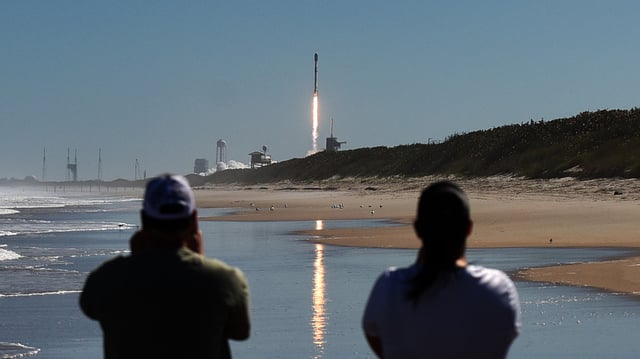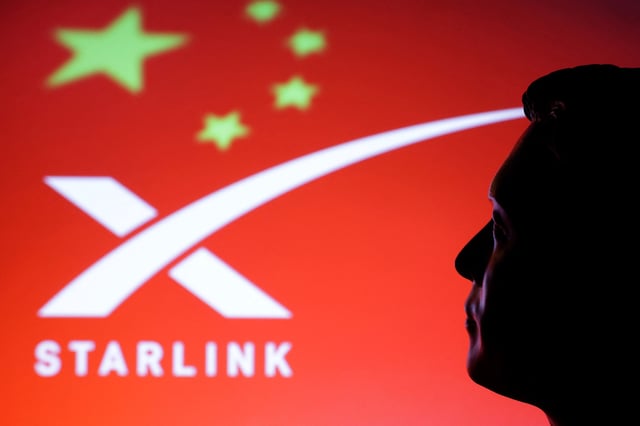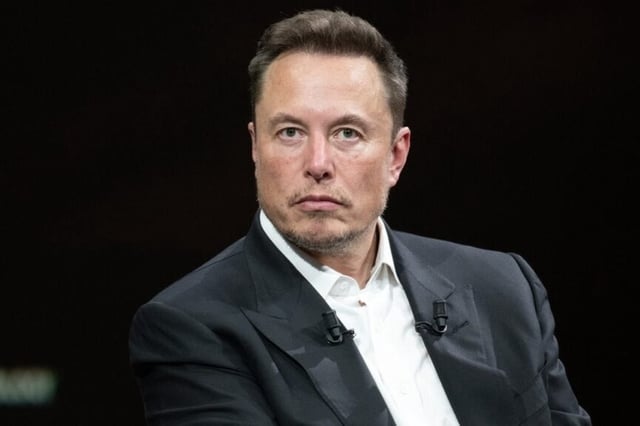Overview
- China's SpaceSail plans to deploy 648 low-Earth orbit (LEO) satellites in 2025, with a target of 15,000 satellites by 2030, challenging Starlink's current dominance.
- Amazon's Project Kuiper, backed by a $16 billion investment, aims to launch its first production satellites in 2025 to provide global broadband services.
- Starlink, with approximately 7,000 active satellites, currently operates in over 100 countries and has set a goal of 42,000 satellites by the end of the decade.
- Concerns over data security and geopolitical influence are rising as China's satellite networks expand, echoing past controversies surrounding Huawei and TikTok.
- The satellite internet sector is described as a 'wild west,' with major players racing to claim orbital slots before stricter regulations are implemented.


